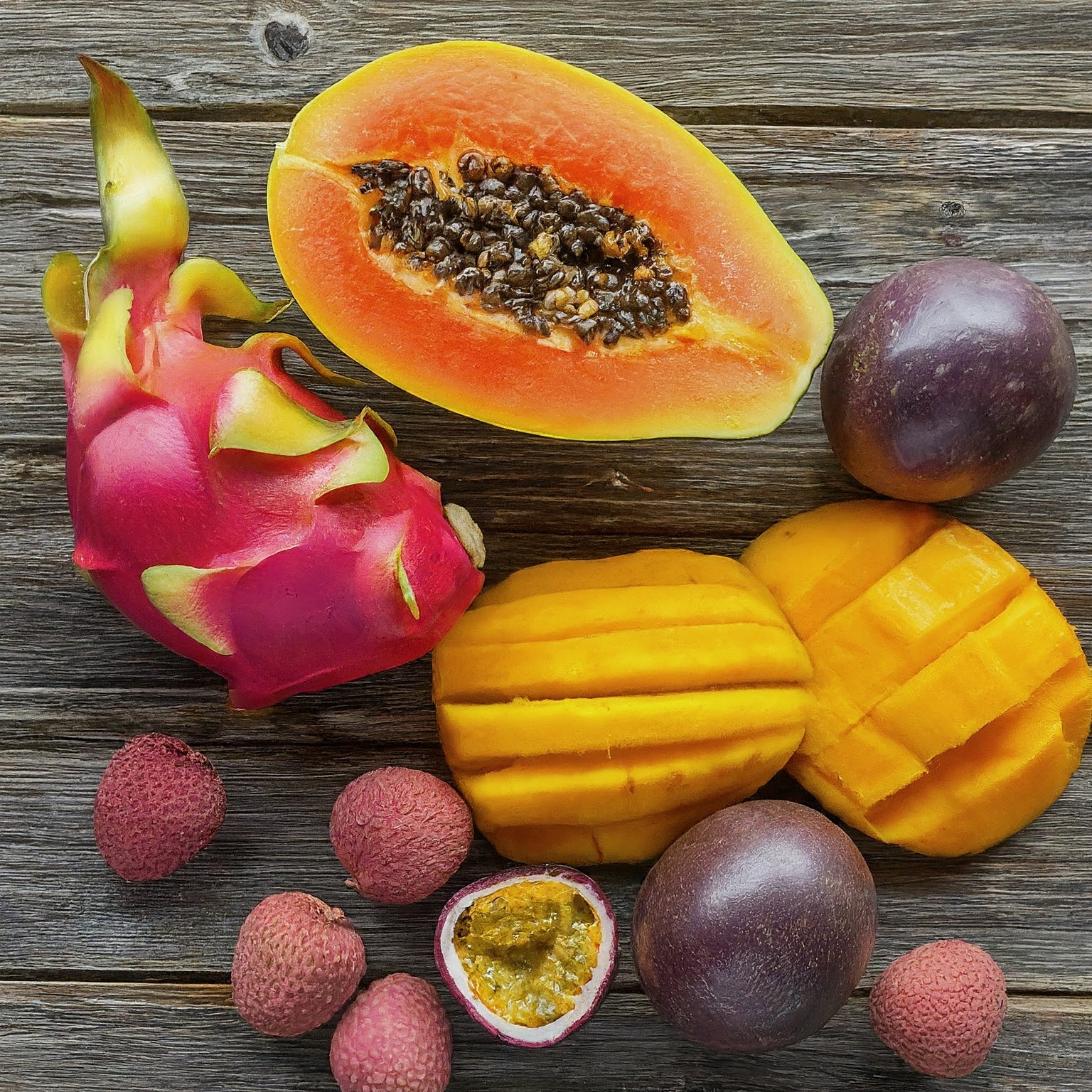Introduction to Exotic Fruits
Exotic fruits are a vibrant addition to any diet, bringing unique flavors, textures, and colors to your meals. Fruits like mangoes, papayas, dragon fruits, and lychees not only tantalize the taste buds but also offer a treasure trove of nutritional benefits. Cooking with exotic fruits allows you to explore new culinary territories and adds an element of excitement to your kitchen adventures.
Nutritional Benefits of Various Exotic Fruits
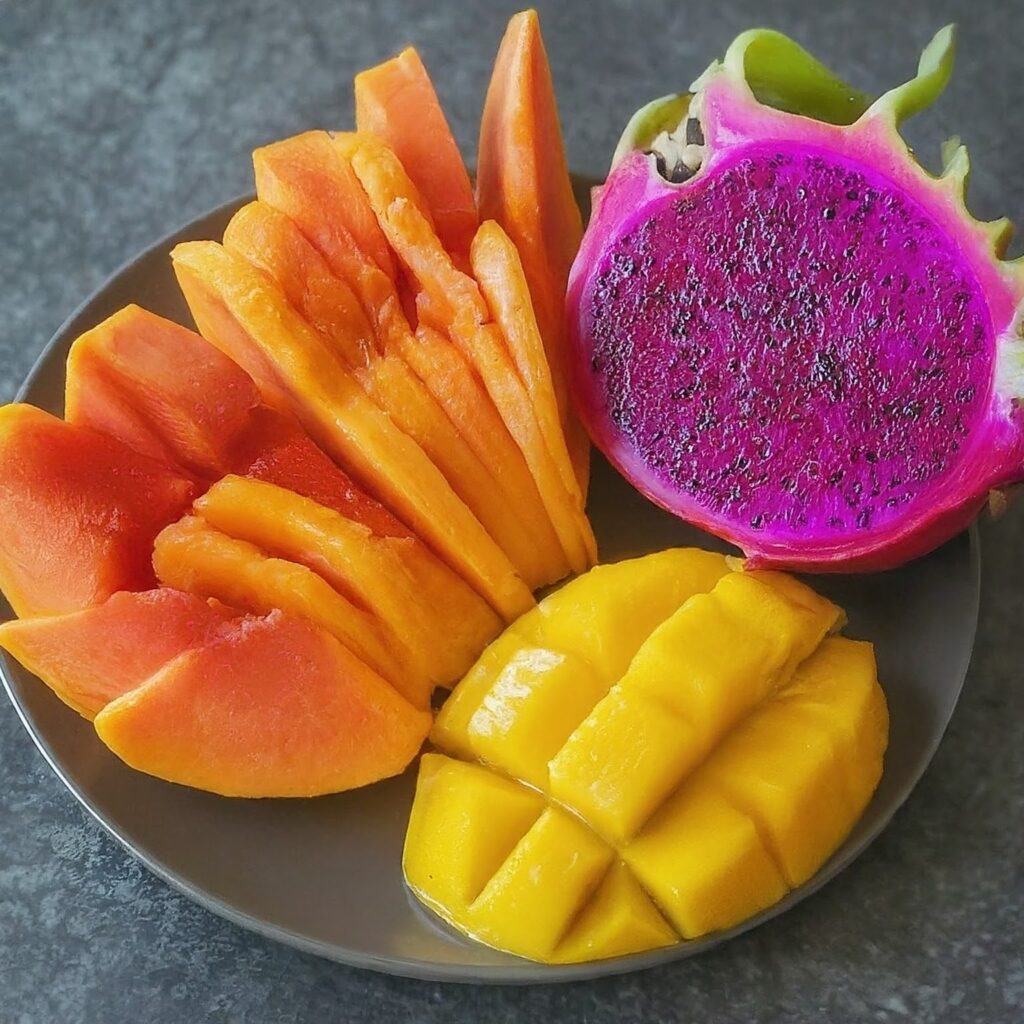
- Mangoes: Rich in vitamins A and C, mangoes support immune function and skin health. They are also high in fiber and antioxidants.
- Papayas: Packed with vitamin C, folate, and fiber, papayas aid digestion and reduce inflammation.
- Dragon Fruit: High in fiber, magnesium, and vitamin C, dragon fruit helps support digestive health and boosts the immune system.
- Lychees: These small fruits are a good source of vitamin C, copper, and potassium, promoting heart health and improving skin.
- Passion Fruit: Loaded with vitamins A and C, dietary fiber, and antioxidants, passion fruit supports eye health and digestion.
Recipes Featuring Exotic Fruits
- Mango Smoothie:
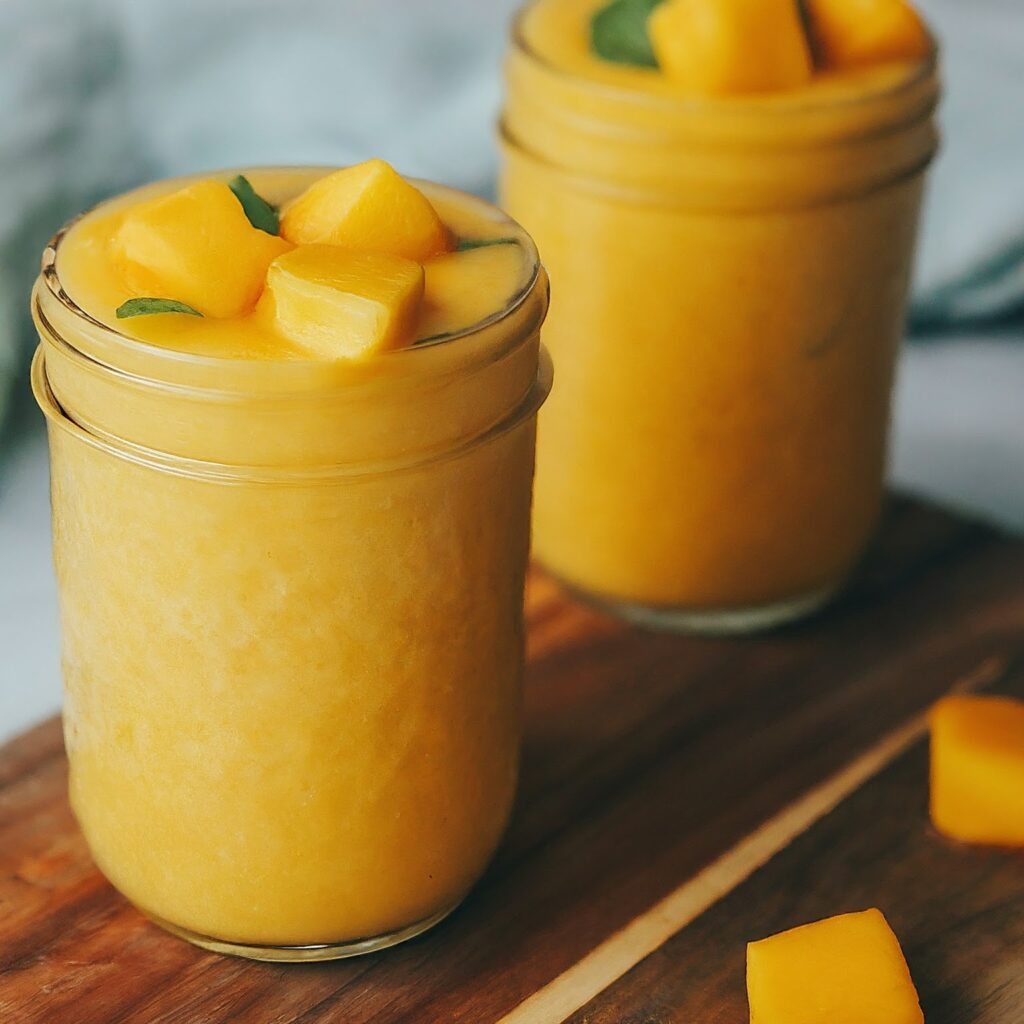
- Ingredients: 1 ripe mango, 1 banana, 1 cup coconut milk, 1 tablespoon honey, ice cubes.
- Instructions: Blend all ingredients until smooth. Serve chilled, garnished with a slice of mango.
- Papaya Salad:
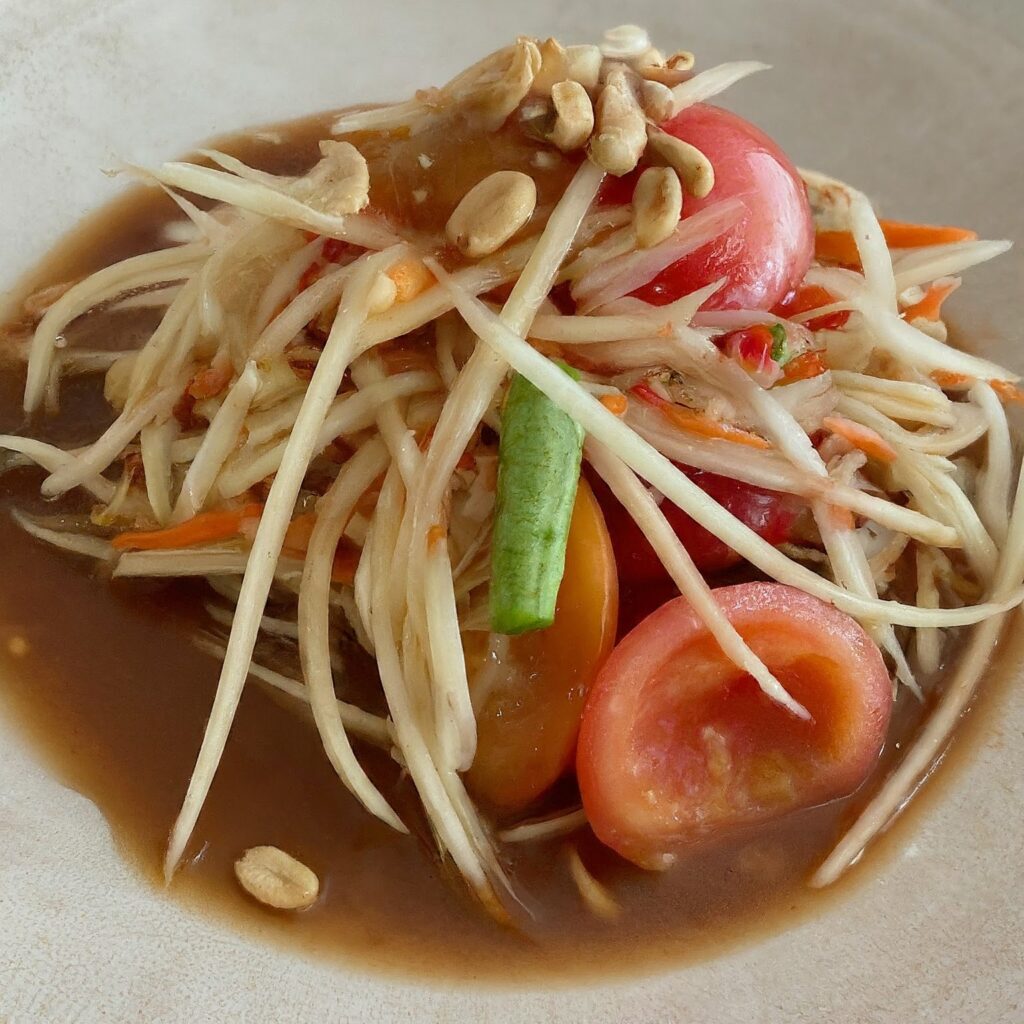
- Ingredients: 1 ripe papaya (cubed), 1 cucumber (sliced), 1 carrot (shredded), 2 tablespoons lime juice, 1 tablespoon fish sauce, 1 tablespoon honey, chopped peanuts.
- Instructions: Mix lime juice, fish sauce, and honey to make the dressing. Combine papaya, cucumber, and carrot in a bowl, toss with dressing, and top with chopped peanuts.
- Dragon Fruit Parfait:
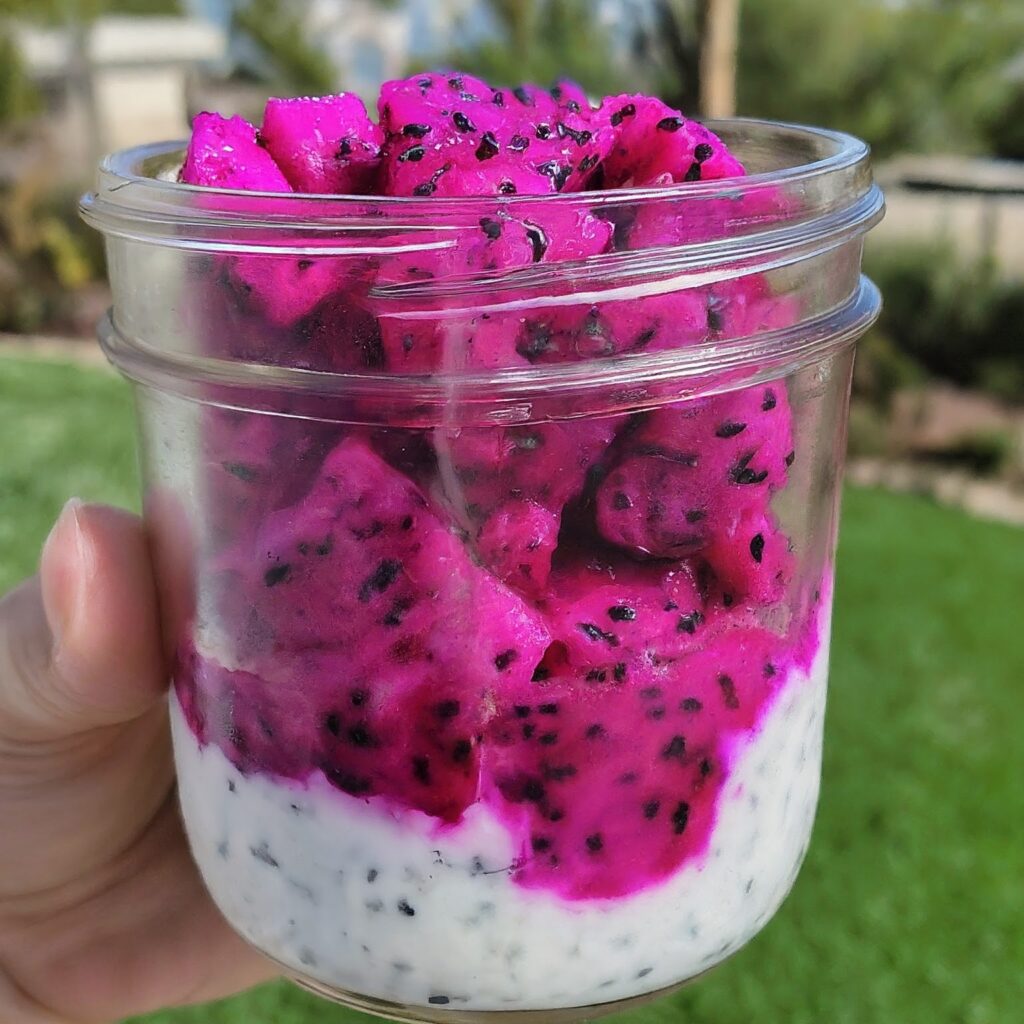
- Ingredients: 1 dragon fruit (diced), 1 cup Greek yogurt, 1 tablespoon honey, granola.
- Instructions: Layer Greek yogurt, dragon fruit, and granola in a glass. Drizzle with honey and serve.
- Lychee Sorbet:
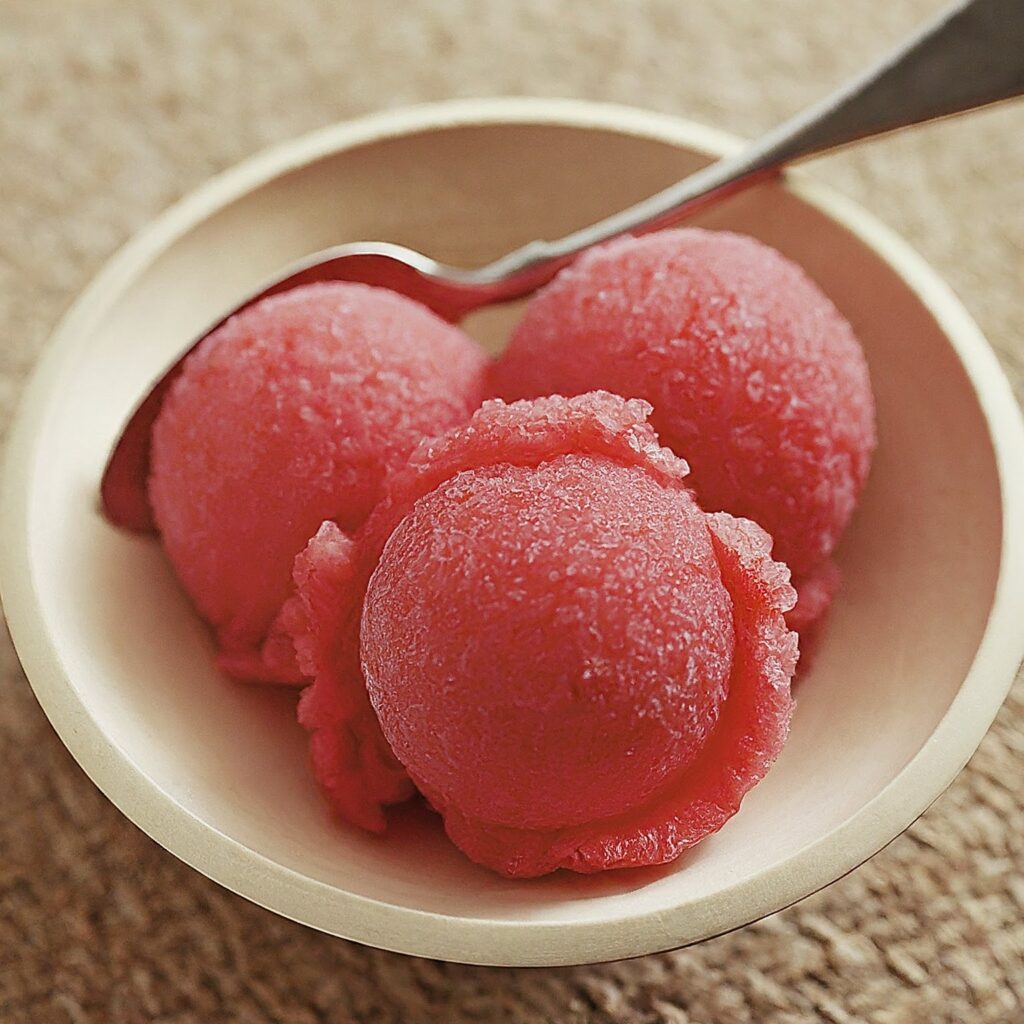
- Ingredients: 1 can of lychees (drained), 1/4 cup sugar, 1/2 cup water, juice of 1 lemon.
- Instructions: Blend lychees, sugar, water, and lemon juice until smooth. Freeze the mixture, stirring every hour until it reaches sorbet consistency.
Tips for Selecting and Storing Exotic Fruits
- Mangoes: Choose mangoes that give slightly when pressed and have a sweet aroma at the stem end. Store ripe mangoes in the refrigerator to extend their shelf life.
- Papayas: Select papayas that are partially yellow and slightly soft. Fully ripen them at room temperature, then refrigerate.
- Dragon Fruit: Look for brightly colored dragon fruits with even skin. Store at room temperature if unripe, and refrigerate once ripe.
- Lychees: Choose lychees with bright red skin. Store them in a plastic bag in the refrigerator for up to a week.
- Passion Fruit: Select fruits that are heavy for their size and slightly wrinkled. Store at room temperature until ripe, then refrigerate.
Culinary Uses and Cultural Significance of Exotic Fruits
Exotic fruits are celebrated in various cultures for their culinary versatility and health benefits. In Southeast Asia, mangoes are used in everything from salads to desserts like sticky rice. Papayas are a staple in tropical regions and are often enjoyed fresh, in salads, or as a digestive aid. Dragon fruit, with its striking appearance, is a popular ingredient in smoothies and fruit bowls, especially in Central and South America. Lychees are cherished in Chinese cuisine, often served fresh or as part of desserts and beverages. Passion fruit, with its tangy flavor, is used in juices, sauces, and desserts across tropical regions.
These fruits not only add exotic flavors to dishes but also play a role in traditional medicine and cultural rituals, making them an integral part of the culinary heritage in many parts of the world.
